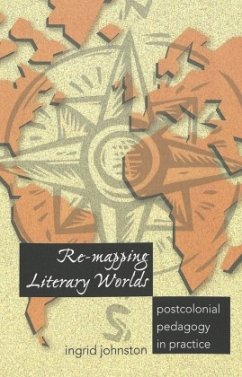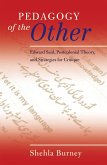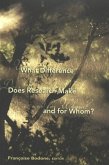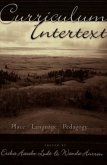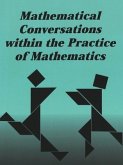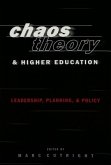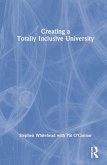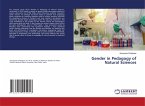This book explores how postcolonialism and the ongoing debates over the literary canon relate to the practice of teaching high school English. This literary journey begins in apartheid South Africa and then moves forward in time and place to a multi-ethnic Western Canadian school where Ingrid Johnston and an English teacher collaborate in teaching postcolonial literature. Illuminating ways in which a postcolonial pedagogy can open up debates on questions of power, difference and discrimination, this book highlights the complexities of postcolonial pedagogy and raises challenging questions of text selection, reading strategies and student response.
«Ingrid Johnston has created a compelling research text from her intensive collaborative classroom-based work with Meg, a high school English teacher. Weaving the field texts into a metaphorical journey, Johnston creates a text that takes readers from her early years in South Africa to a multicultural high school in Canada. As a reader of her book, I was shown the continuities and discontinuities as she moved skillfully within the dimensions of time and place, the personal and the social. The research is a work of the borderlands - borderlands we are coming to recognize both in curriculum theory and in educational research. For students of narrative inquiry and of curriculum theory, it is a must read.» (Jean Clandinin, Professor and Director, Centre for Research for Teacher Education and Development, University of Alberta, Edmonton, Alberta, Canada)
«In 'Re-mapping Literary Worlds', Ingrid Johnston invites her readers to join her on a journey of inquiry into the role and potential of postcolonial literature in the educational preparation of school youth. Johnston's journey ranges across a wide intellectual terrain connecting literature, pedagogy, and philosophy with the latest insights in postcolonial theory. 'Re-mapping Literary Worlds' is an excellent book. Johnston writes with a marvelous succinctness and fluidity of style about the very complex matters of place, identity, experience, and the production and arrangement of school knowledge in the modern educational context marked as it is by radical imperatives of globalization, electronic mediation, migration, and cultural pluralism. 'Re-mapping Literary Worlds' is an exemplary piece of interdisciplinary scholarship. Johnston is able to integrate theoretical, empirical, and practical perspectives with great facility and rigor. I highly recommend this book to academics and educational practitioners alike.» (Cameron McCarthy, Research Professor and University Scholar, Institute of Communications Research, University of Illinois)
«'Re-mapping Literary Worlds' is an invaluable guide for English teachers who want to develop their knowledge and practice in teaching postcolonial literatures. Beginning with the premise that major reforms are needed in teacher education in order to move English syllabi away from a narrow traditional base, this book offers an accessible but conceptually sophisticated and historically well-grounded perspective on the place of postcolonial studies in the English classroom. It is a timely study that shows how the contemporary teaching of English must engage with a significant reconfiguration of books, theories, and pedagogic practice.» (John Stephens, Acting Dean, College of Humanities and Social Sciences, Macquarie University, Sydney, New South Wales, Australia)
«In 'Re-mapping Literary Worlds', Ingrid Johnston invites her readers to join her on a journey of inquiry into the role and potential of postcolonial literature in the educational preparation of school youth. Johnston's journey ranges across a wide intellectual terrain connecting literature, pedagogy, and philosophy with the latest insights in postcolonial theory. 'Re-mapping Literary Worlds' is an excellent book. Johnston writes with a marvelous succinctness and fluidity of style about the very complex matters of place, identity, experience, and the production and arrangement of school knowledge in the modern educational context marked as it is by radical imperatives of globalization, electronic mediation, migration, and cultural pluralism. 'Re-mapping Literary Worlds' is an exemplary piece of interdisciplinary scholarship. Johnston is able to integrate theoretical, empirical, and practical perspectives with great facility and rigor. I highly recommend this book to academics and educational practitioners alike.» (Cameron McCarthy, Research Professor and University Scholar, Institute of Communications Research, University of Illinois)
«'Re-mapping Literary Worlds' is an invaluable guide for English teachers who want to develop their knowledge and practice in teaching postcolonial literatures. Beginning with the premise that major reforms are needed in teacher education in order to move English syllabi away from a narrow traditional base, this book offers an accessible but conceptually sophisticated and historically well-grounded perspective on the place of postcolonial studies in the English classroom. It is a timely study that shows how the contemporary teaching of English must engage with a significant reconfiguration of books, theories, and pedagogic practice.» (John Stephens, Acting Dean, College of Humanities and Social Sciences, Macquarie University, Sydney, New South Wales, Australia)

